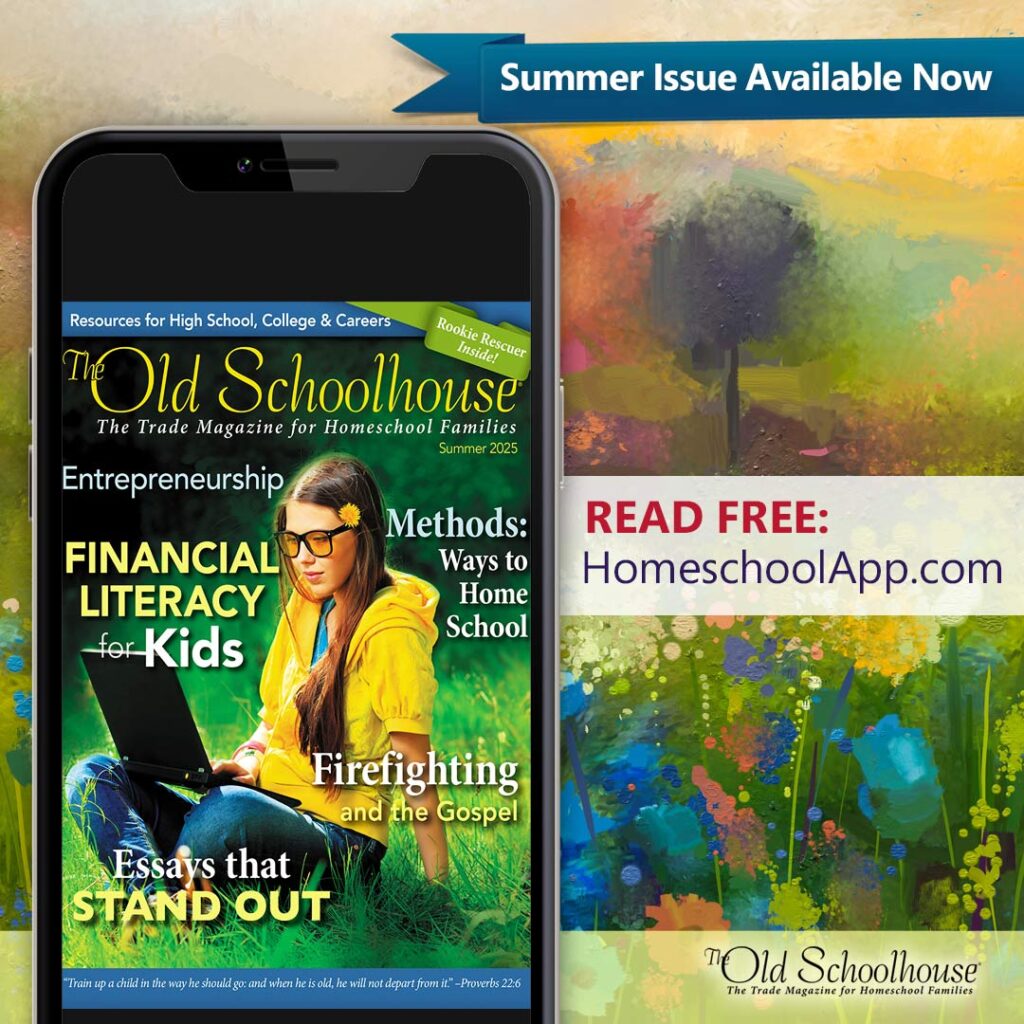The Old Schoolhouse® Product & Curriculum Reviews
With so many products available we often need a little help in making our curriculum choices. The Old Schoolhouse® Magazine family understands because we are in the same boat! Do you need more information on a product before you buy? With over 5,500 products listed in 52 easy-to-use categories, much of the information you need to know is only a click away! Let our reviewer-families help yours.
Tikki Tikki Tembo - and More Favorite Tales Review by Dena Wood
1-800-724-6527557 Broadway
New York, New York 10012
http://www.scholastic.com/
Stories in this Scholastic DVD/video collection include "Tikki Tikki Tembo," "Hot Hippo," and "The Tender Tale of Cinderella Penguin."
"Tikki Tikki Tembo" is a Chinese folktale of a woman with two sons. The older son is given a very long and honorable name, while the second-born son is given a very short name. Both boys share the experience of falling into a well and being rescued by "the old man with the ladder." While the second-born son is quickly and easily rescued, the firstborn, because of the lengthy repetition of his name while trying to obtain help, is left in the well longer and takes time to heal after his ordeal. In response, the Chinese no longer give their children long names, but rather short ones. I was bothered by the callousness of the mother toward her second son, repeatedly calling him "tiresome" and "bothersome" while blatantly favoring the older child. Though the story addresses the length of the names, mistreatment of the younger boy isn't commented on. The scenes in this story are pages directly from the book pages, zooming in on various portions of the pictures. At times, quality is poor and the background seems to waver.
"Hot Hippo" is the African tale of a hot hippopotamus that wants to be allowed to live in the river. In an African accent, the narrator shares how Hippo approaches Ngai, "the god of Everything and Everywhere," to ask permission to live in the river. Ngai is concerned that Hippo will eat his fish, so Hippo promises to open his mouth wide to show Ngai that he has not eaten any fish and to stir the water with his tail to show that he is not hiding any bones. Ngai agrees but tells Hippo he must also come to shore at night and eat grass, since Ngai would not be able to tell if he was eating fish in the dark. Thus, we understand why hippos of today behave the way they do.
"The Tender Tale of Cinderella Penguin" is a silent retelling of the Cinderella story using penguins. Though there is no speaking or narration, scenes are acted out with a variety of musical styles as background. While I didn't get the point of the penguins (if there was one), I will admit to being amused at the "glass flipper."
Personally, I would choose reading the actual books with my children to discuss issues and feelings they may have. How do you think the second son felt? What do you think of the god "Ngai"? In a picture book, a small child could share what was happening in each page of the "Cinderella Penguin" story. As a video it fell flat. In all honesty, I would pass on this collection.
Do you want to get the word out about your product or service to the homeschool community? Email the TOS Advertising & Sales Director, and share a little about what you´d like showcased, and we can help with that! Also, check out the magazine’s media kit and rate card at www.Homeschool.Market.


















































